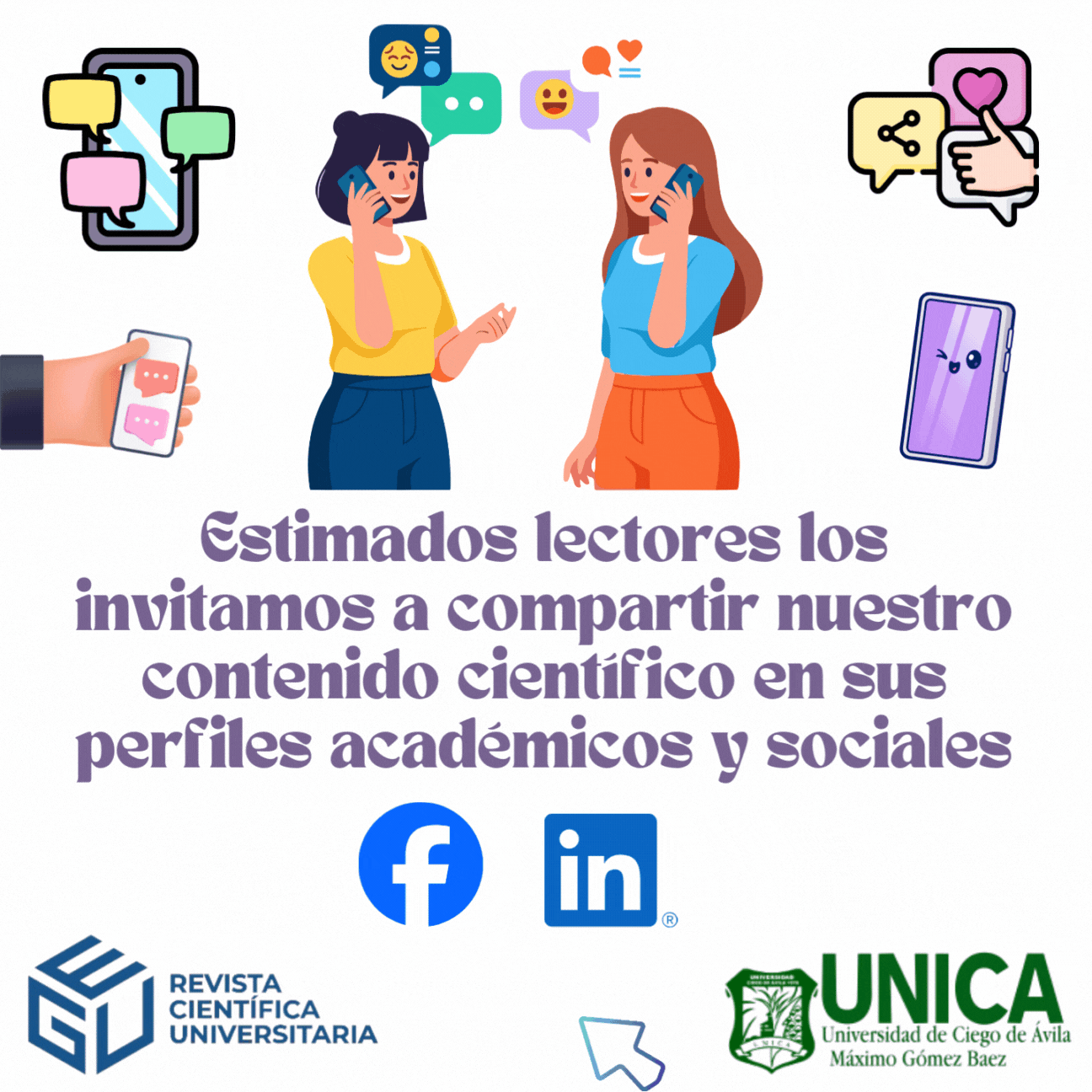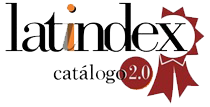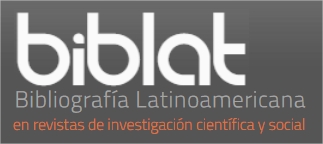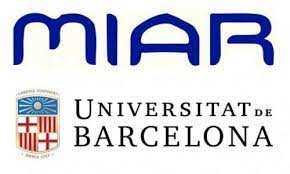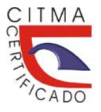
Anti-plagiarism policy or accusations of misconduct
Plagiarism detection policy and anti-plagiarism policy
The Editorial Committee verifies the originality of the articles through Turnitin. EGU allows up to 5% similarity to consider the manuscript as original. However, by virtue of the moral right of every author or group of authors over the finality or otherwise of their work, and by the nature of the way in which scientific knowledge is produced gradually and systematically, EGU allows an article to have up to 15% of content present in previous publications, and that constitute partial results within the same area of knowledge.
If the manuscript has a high percentage of similarity, the authors of the plagiarized article or with a high similarity index will be notified. In turn, a test (software report) will be sent to you, and feedback will be requested. If the authors do not attend to the comments suggested by the software report to reduce the similarity index, they will be declared guilty of plagiarism, for which the journal will withdraw the manuscript application. The author (or group of authors) will be penalized with a period of 5 years without the right to submit texts for evaluation in this journal.
Multiple publication: Authors should not publish two or more manuscripts that describe the same research in the same way, either in other languages or in more than one journal. This will be considered self-plagiarism.
In the event of suspicion or detection of misconduct such as: manipulation of citations, falsification/fabrication of data or non-compliance with some of the good ethical practices established by the journal and the Committee on Publication Ethics (COPE), the proceeding will be as indicated. oriented in each case.

